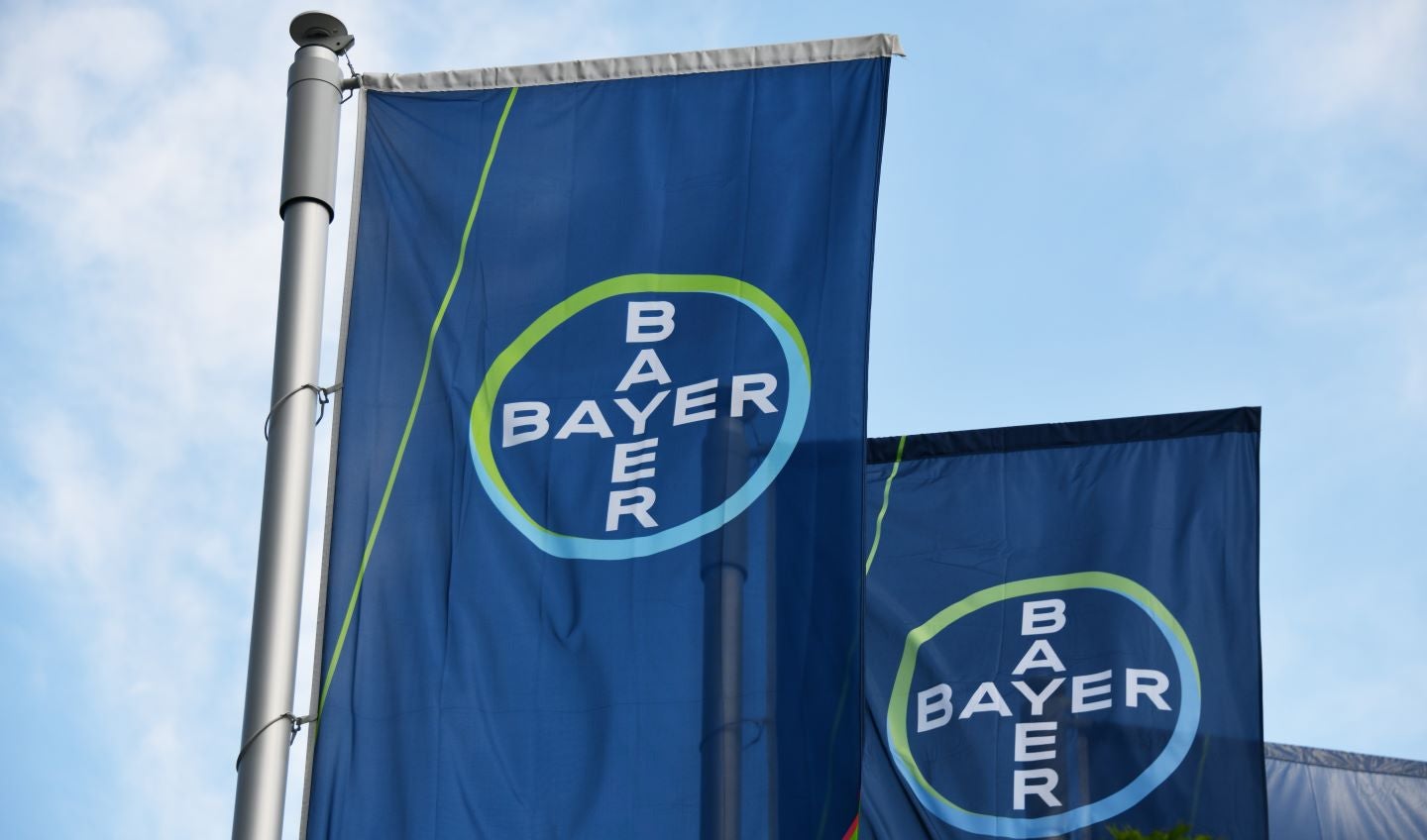
German multinational pharmaceutical company Bayer has announced plans to voluntarily withdraw its new drug application in the US for Aliqopa (copanlisib) to treat relapsed follicular lymphoma (FL) following a failed trial.
The decision comes after the company held talks with the US Food and Drug Administration (FDA) on the trial data for Aliqopa treatment.

Discover B2B Marketing That Performs
Combine business intelligence and editorial excellence to reach engaged professionals across 36 leading media platforms.
Aliqopa was analysed for its potential to treat relapsed adult follicular lymphoma patients who had previously received a minimum of two systemic therapies.
In September 2017, the FDA granted accelerated approval for Aliqopa based on data from the open-label, single-arm Phase II CHRONOS-1 study.
Bayer was subsequently required to validate the treatment’s clinical benefit in the CHRONOS-4 clinical trial.
Findings from this trial showed that Aliqopa in combination with standard immunochemotherapy regimens failed to meet the primary endpoint of progression-free survival compared with the standard immunochemotherapy alone in relapsed follicular lymphoma patients.

US Tariffs are shifting - will you react or anticipate?
Don’t let policy changes catch you off guard. Stay proactive with real-time data and expert analysis.
By GlobalDataIn a press statement, Bayer said it was “exploring access options for patients currently receiving Aliqopa who have experienced a favourable response to treatment, whose treating physician supports continuing treatment with Aliqopa, and for whom there may be no suitable alternative treatments available”.
The company added that people who are currently receiving Aliqopa treatment should consult their physician.
Earlier this month, Bayer reported positive interim data from the Phase IV real-world trial of Kerendia (finerenone) to treat chronic kidney disease (CKD) associated with type 2 diabetes (T2D).
The FINE-REAL observational study (NCT05348733) evaluated the clinical characteristics and treatment patterns of 504 patients with CKD and T2D treated with Kerendia.
Interim results indicated that in real-world clinical practice, the incidence rate of hyperkalaemia (high blood potassium levels) among patients taking Kerendia was 5%.
Bayer presented the results at the American Society of Nephrology’s (ASN) Kidney Week, which took place from 2 to 5 November in Philadelphia, Pennsylvania.





